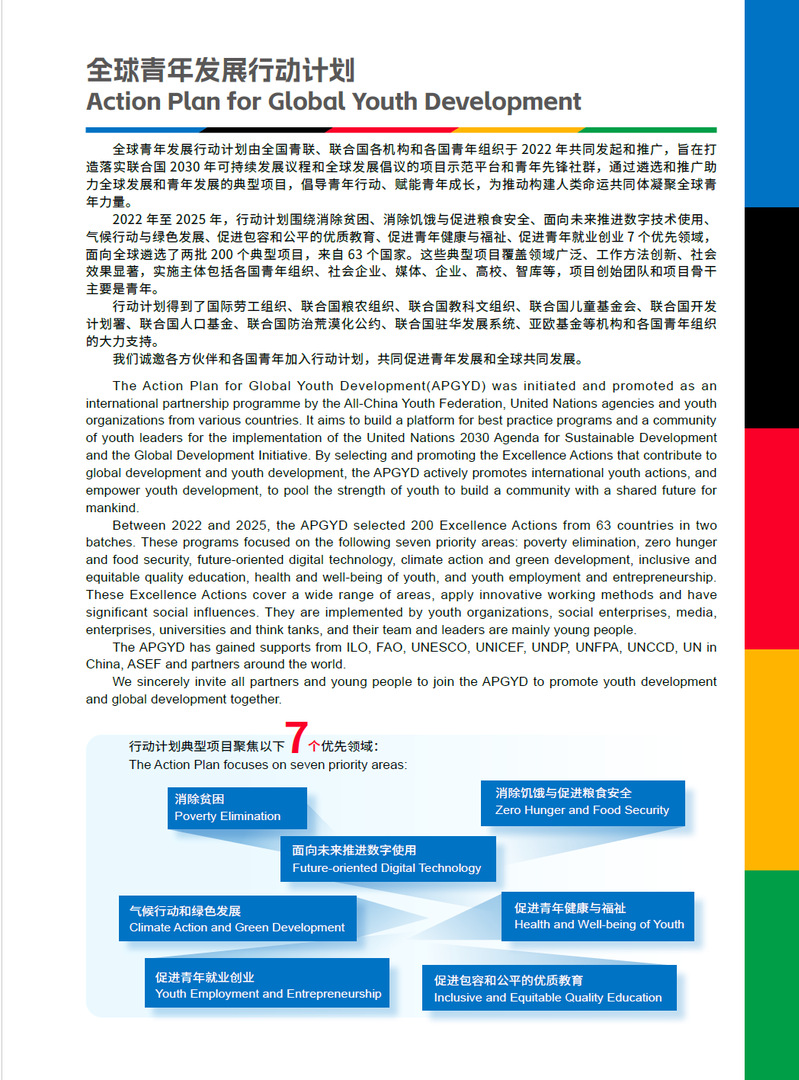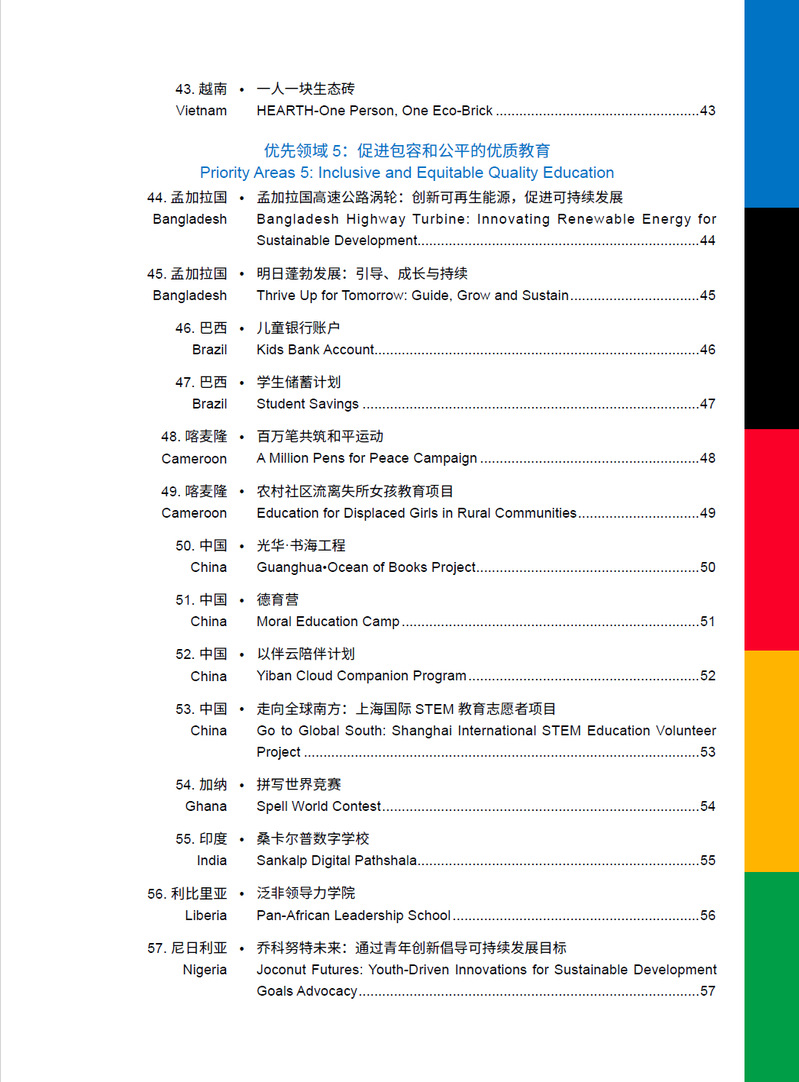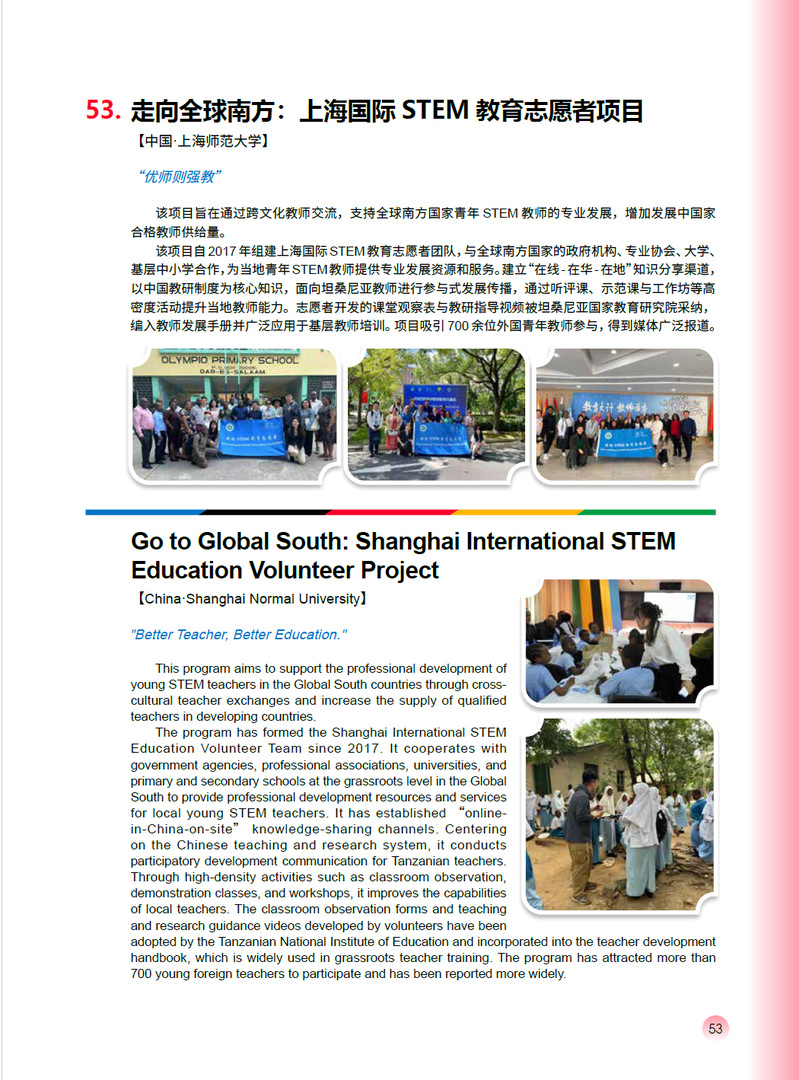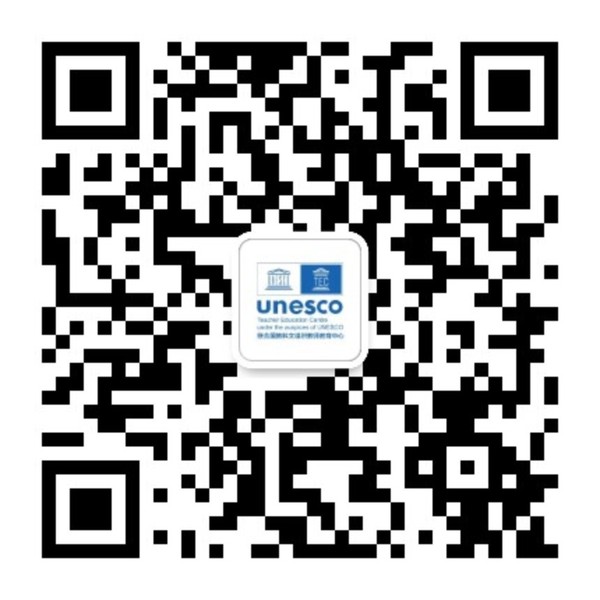China, with its vast territory and long borders, regards its neighboring regions as a crucial foundation for development and prosperity, a key focus for national security, a priority in overall diplomatic strategy, and a cornerstone for promoting the building of a community with a shared future for mankind. Marking the 75th anniversary of the establishment of diplomatic relations between China and Indonesia, the International STEM Education Volunteer Team and Regional & Country Education Research Group traveled to Indonesia, conducting extensive research and practical activities over 10 days from July 28 to August 6. The team aimed to understand the achievements and challenges in educational development of this neighboring country with numerous islands and a large population, explore how Indonesia’s education community perceives China’s educational development and experiences, and identify new pathways for Sino-Indonesian educational exchanges and cooperation in the new era.
This field research in Indonesia is a key exploration by the Centre (UNESCO TEC) to promote international exchanges among Chinese and foreign youth and jointly build a global educational future, following its selection as a model project under the Global Youth Development Initiative. It also represents the latest outcome of the Centre’s approval for the Cultivation of Global STEM Education Talents, a municipal-level key course, which helps foster global STEM education professionals capable of teaching, researching, and investigating in cross-border and cross-cultural contexts. The practice received strong support from the Academic Affairs Office, College of Education, College of Civil Engineering, and College of Life Sciences of Shanghai Normal University (SHNU).
|
|
|
|
|
On July 28, under the organization and leadership of three faculty members of the Centre—Zhang Huafeng, Ding Ruoxi, and Zhu Xiaohu—10 student volunteers, who had completed on-campus courses and workshops, departed from Shanghai Pudong International Airport and arrived in Jakarta, Indonesia.
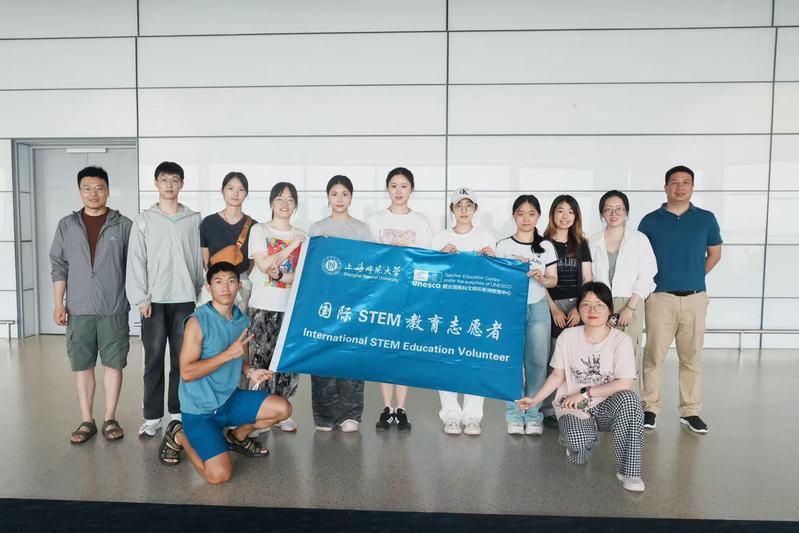
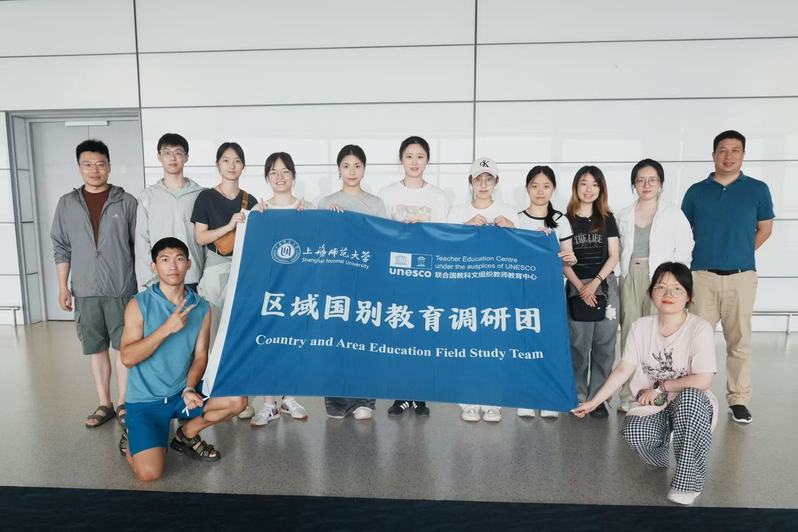
On July 29, the team visited a primary school under the Muhammadiyah Education Group and Jakarta Eagle School Public Husni Thamrin Elite High School. Teachers and students of the team engaged in enthusiastic conversations with 10 individuals, including school principals, management staff, frontline teachers, and students, gaining insights into the current focus of local primary and secondary education reforms and their understanding of China’s basic education.
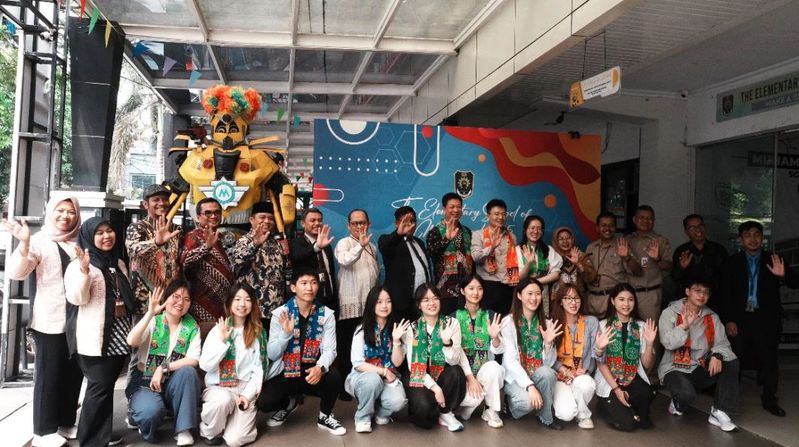
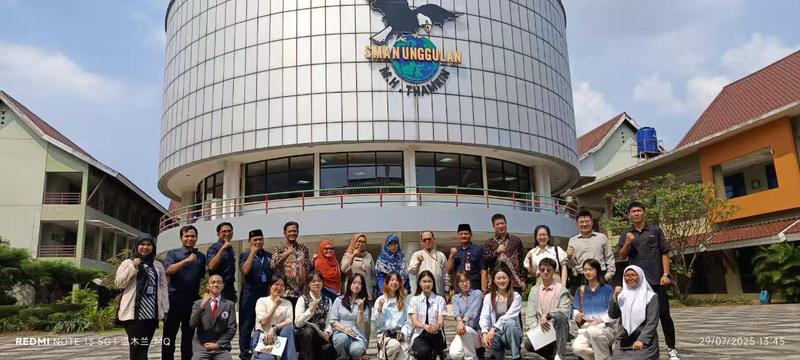
On July 30, the team was invited to participate in a workshop themed STEM Education and Deep Learning hosted by the Jakarta Teacher Development Centre under Indonesia’s Ministry of Basic and Secondary Education. Zhu Xiaohu, Zhang Huafeng, and Ding Ruoxi delivered reports on the development of STEM education in China. Student volunteers conducted in-depth interviews with 11 participants, including Jakarta’s school inspectors, principals and teachers from primary, secondary, and tertiary institutions, further mapping the landscape of Indonesia’s basic education.
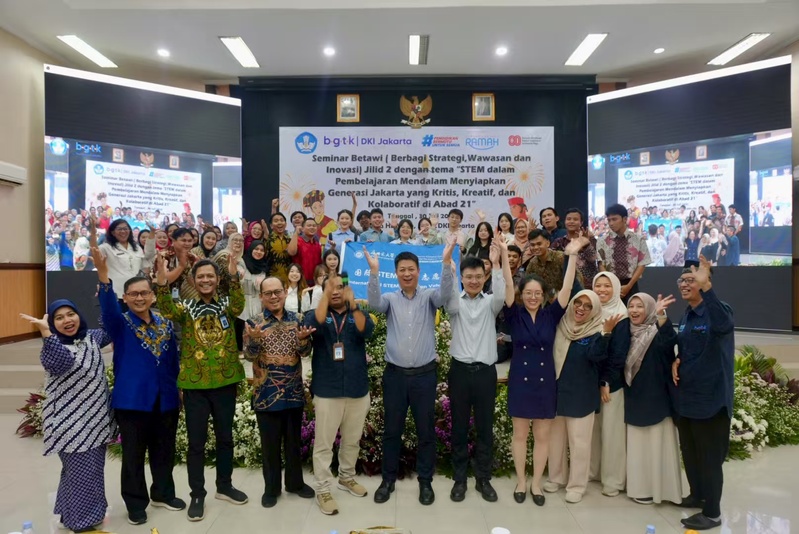
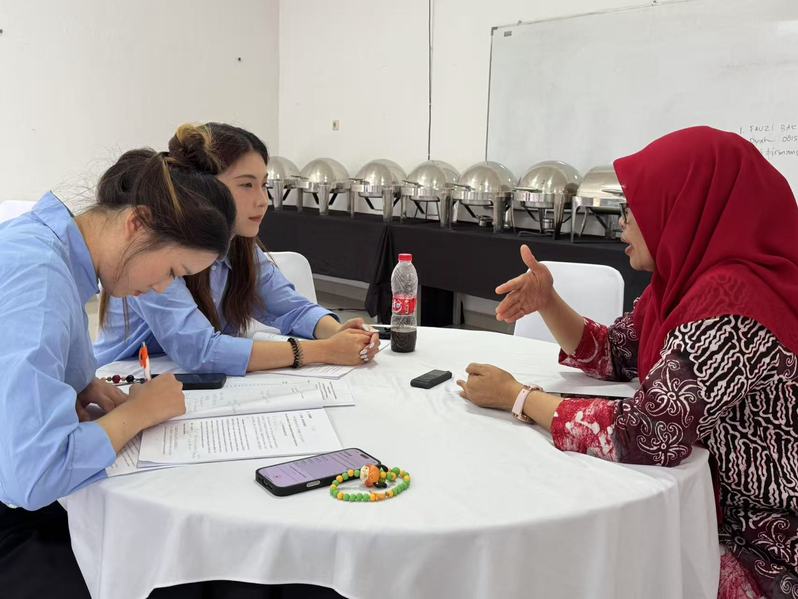
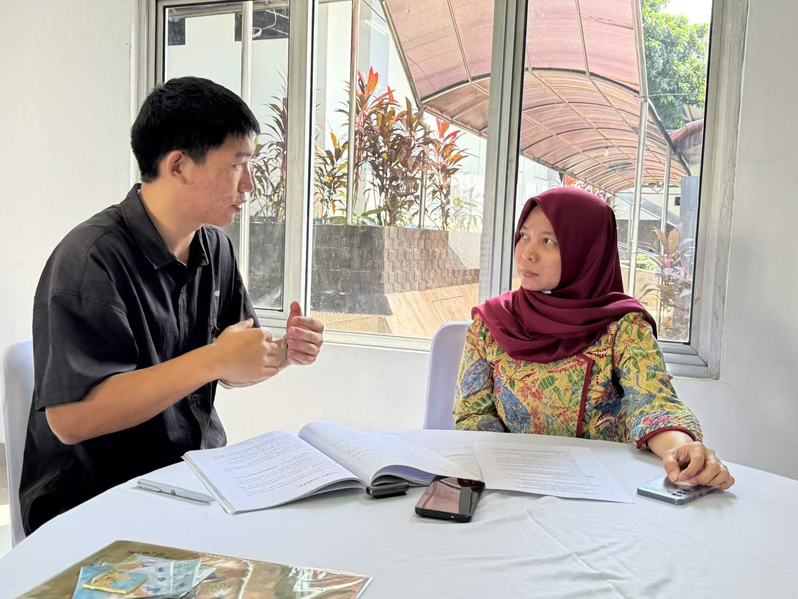
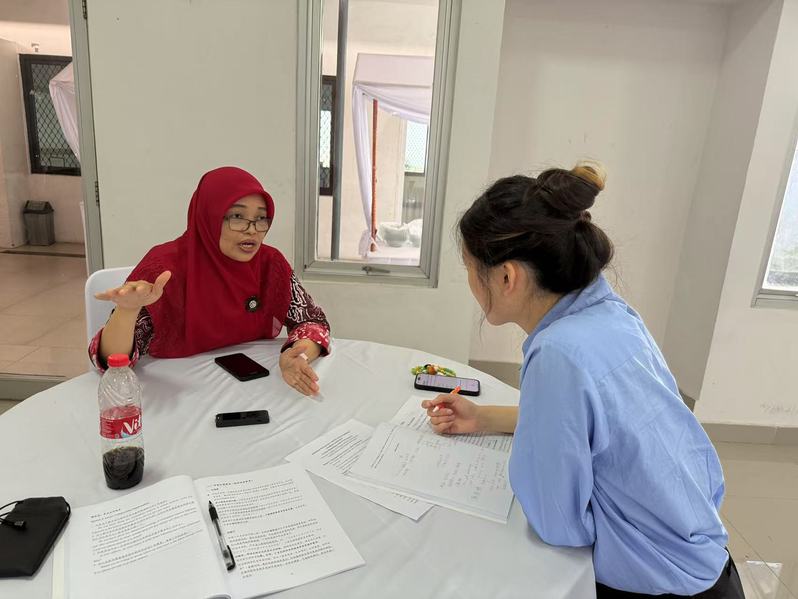
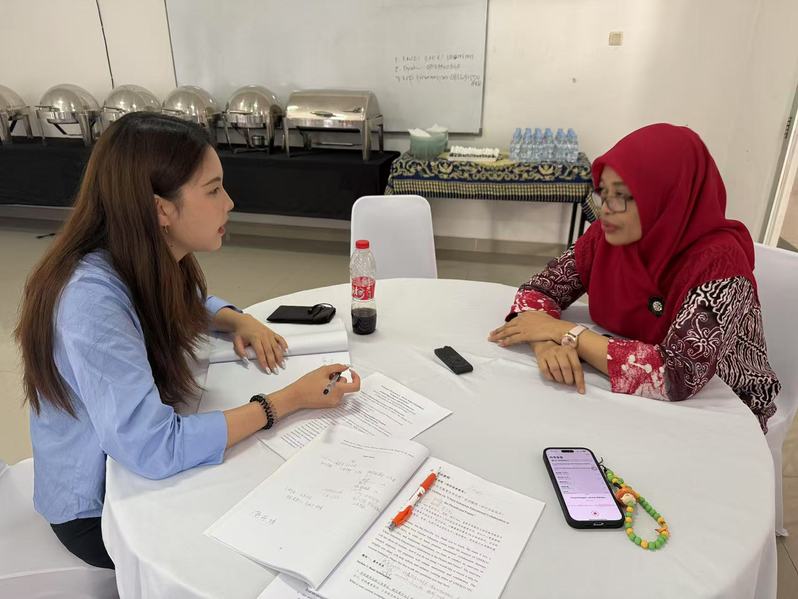
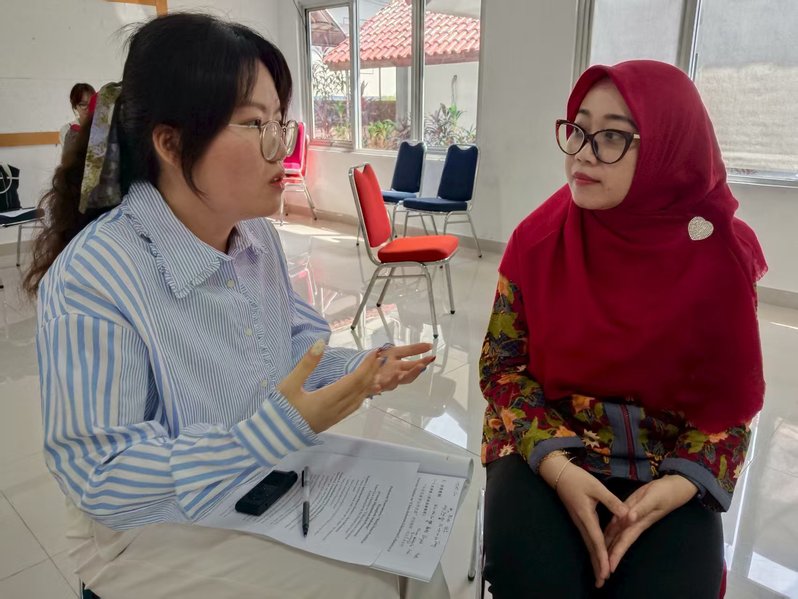
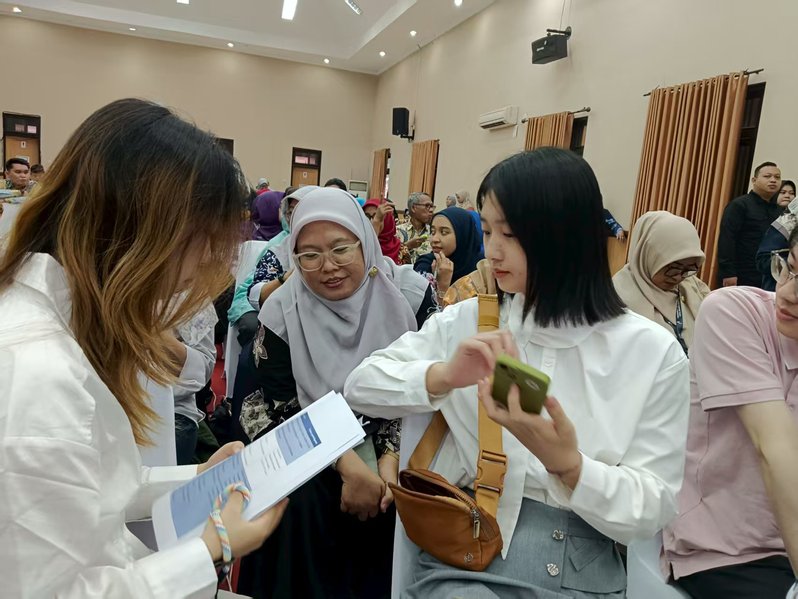
On July 31, accompanied by the Director of the Jakarta Teacher Education Centre, the team visited Muhammadiyah University of Uhamka, where they held discussions with 15 individuals, including leaders and faculty from the university’s teacher education-related departments. While learning about local pre-service and in-service teacher training models, student volunteers actively shared their experiences and insights from teacher training at SHNU. In the evening, the team flew to Yogyakarta, making full use of waiting time at the airport to discuss and analyze the findings from Jakarta.
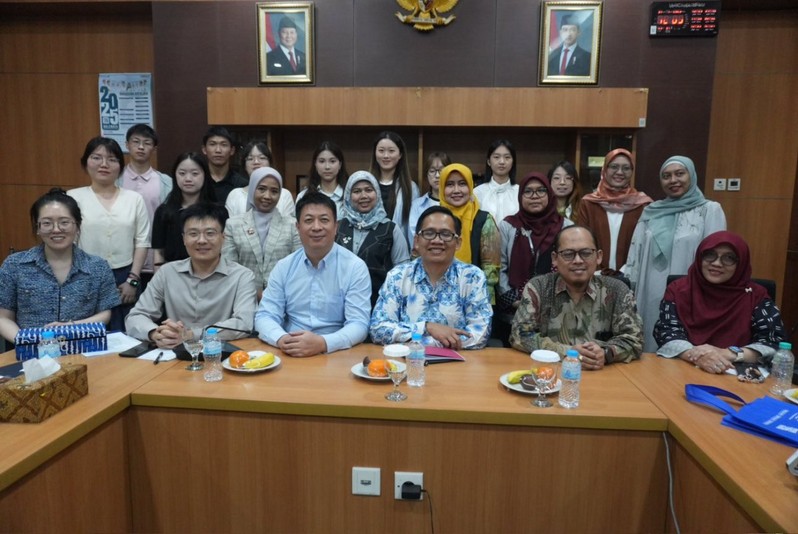
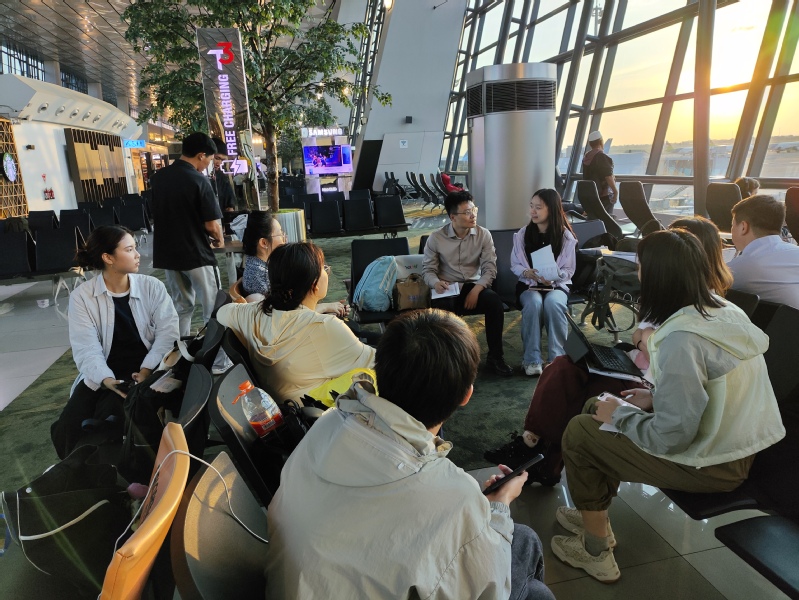
On August 1, the academic seminar of the Joint Education Research Centre (JEC-TEC-UNY) between UNESCO TEC and Yogyakarta State University was held at the Graduate School of Yogyakarta State University. In addition to speeches and reports by the three leading teachers, student volunteers Cheng Jialei, Shen Huayu, and Fei Jiayi delivered special sharing sessions on topics including the development of global competence among youth, Sino-Indonesian cooperation in teacher education, and the image of Chinese educators from an ethical perspective. Other volunteers also seized the opportunity to interact with local young students, distributing questionnaires and conducting interviews to explore how Indonesian youth perceive China’s education.
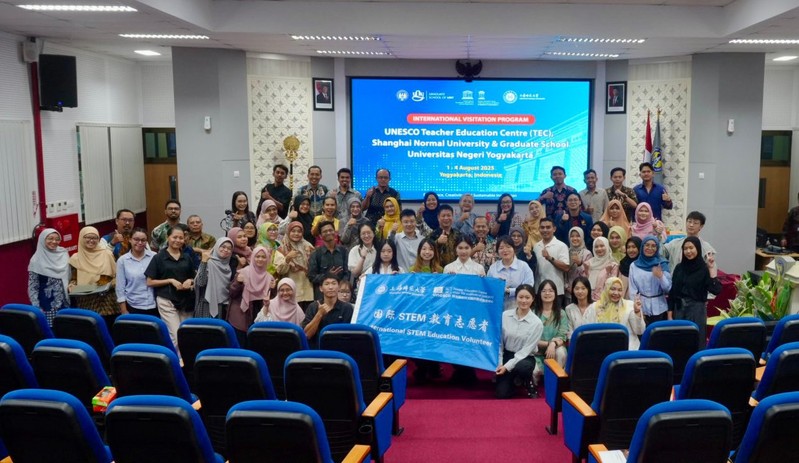
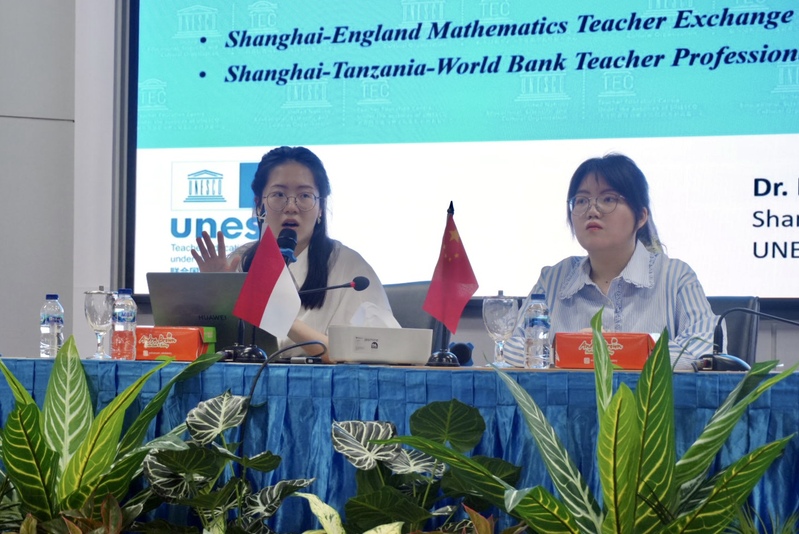
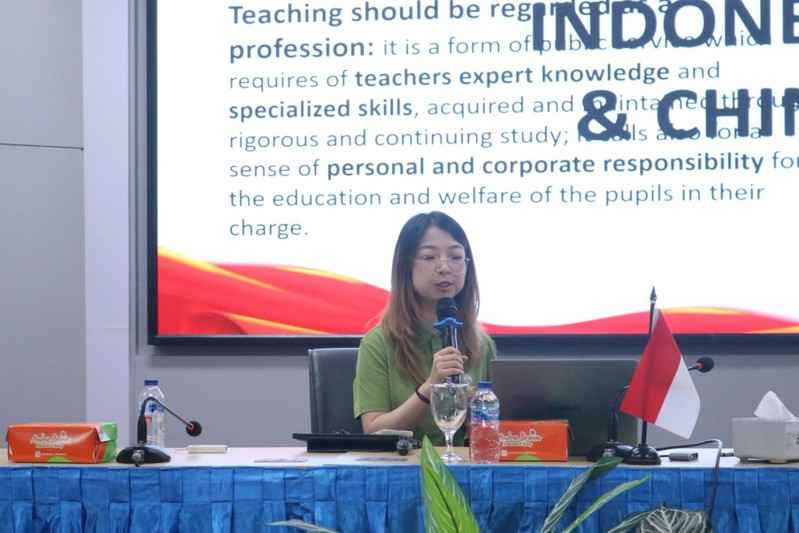
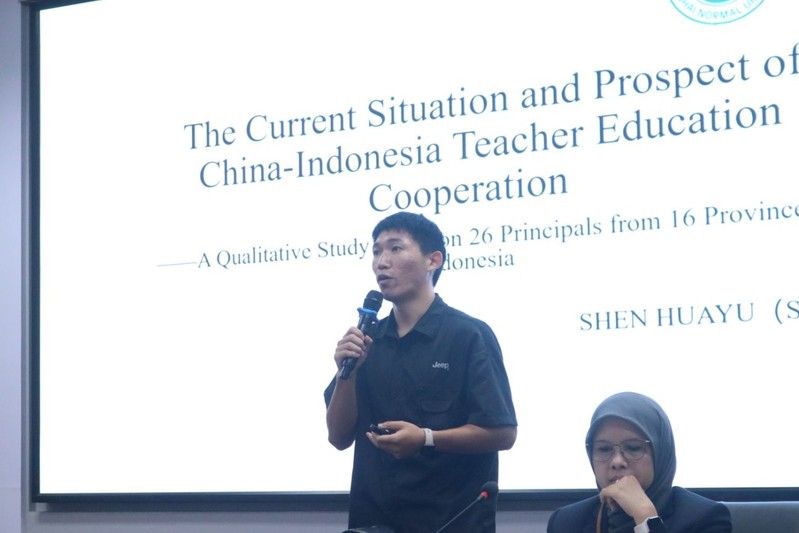
On August 2, a Sino-Indonesian educational cooperation interview and discussion was held at Yogyakarta State University, attended by 30 people, including the Director of International Exchange at Yogyakarta State University, deans of five relevant colleges, Indonesian teachers and students, and Chinese international students. Student volunteers conducted group interviews with participants, gaining a deeper understanding of the reform goals and challenges in Indonesia’s higher and basic education, and depicting how Indonesia’s higher education community views China’s educational image, development experiences, and innovation directions.
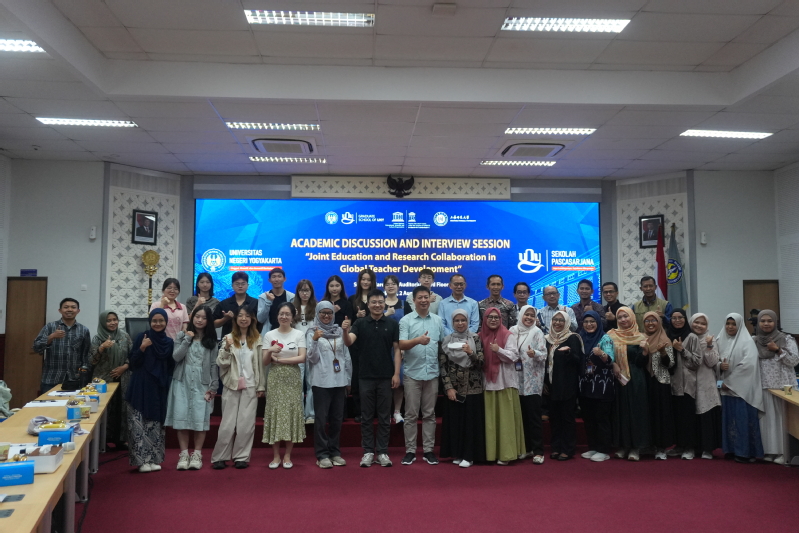
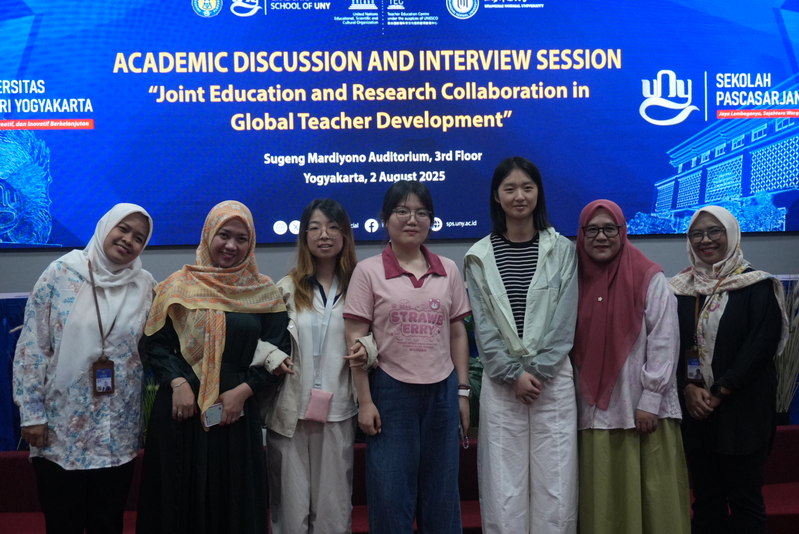
On August 4, the team conducted research at the Yogyakarta Special Region Teacher Development Centre. For years, this centre has been responsible for training and professional development of mathematics teachers nationwide in Indonesia, and in recent years has been deeply involved in key educational reforms such as Indonesia’s PISA participation and implementation of deep learning policies. The team conducted multi-dimensional interviews with 12 individuals, including the centre’s leaders, researchers, and teaching staff, gaining a grasp of the core challenges in current Indonesian educational reforms. In the afternoon, the team left Yogyakarta and flew to Bali.
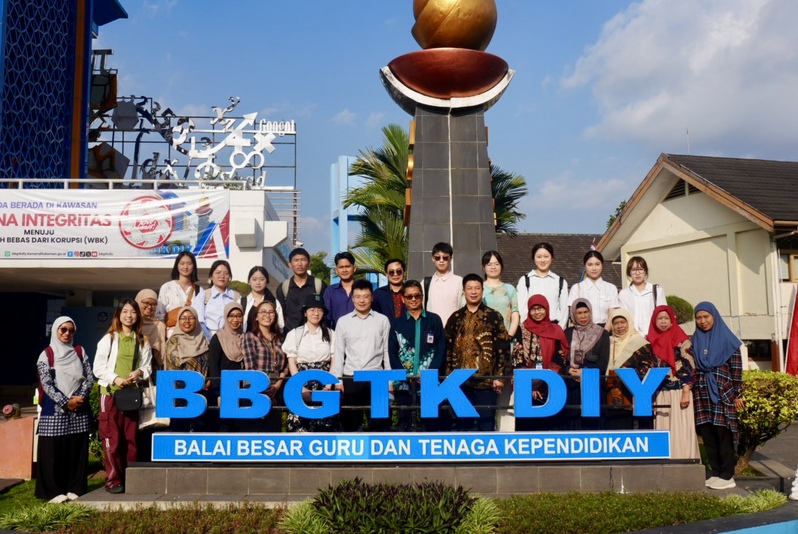
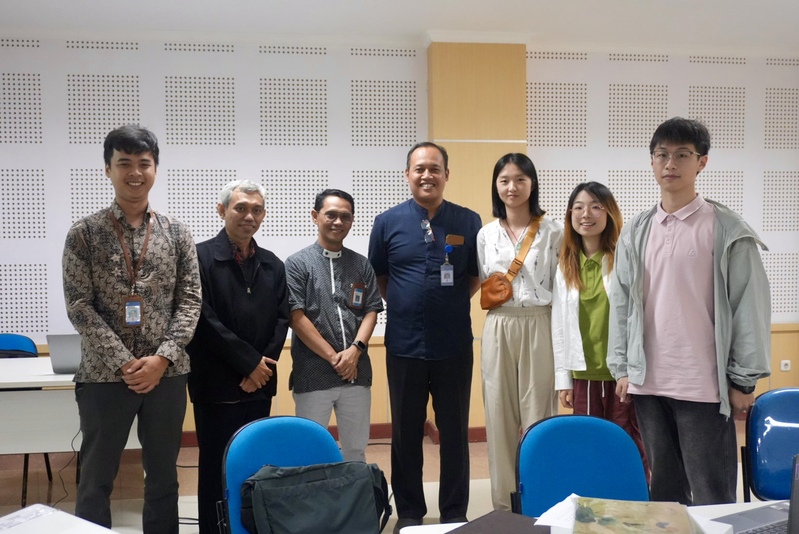
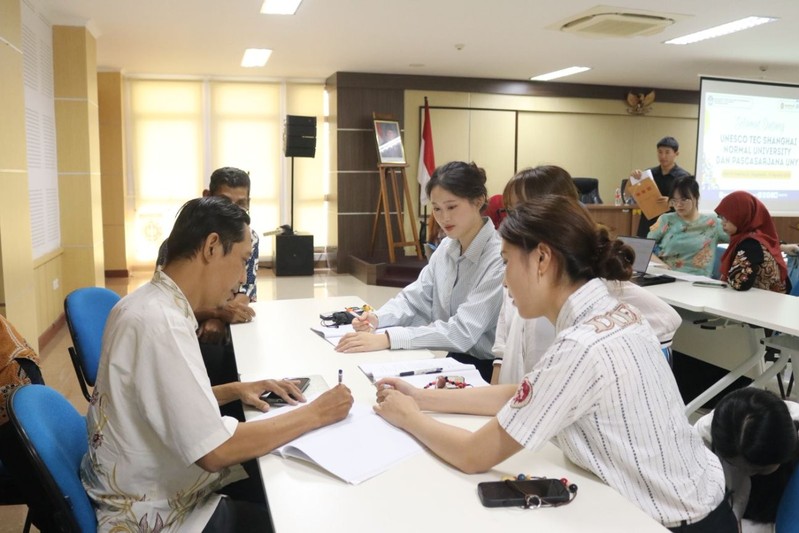
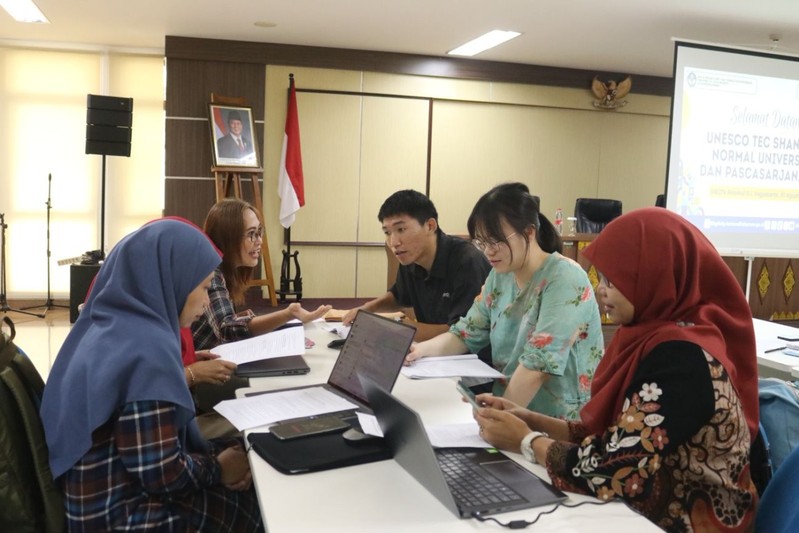
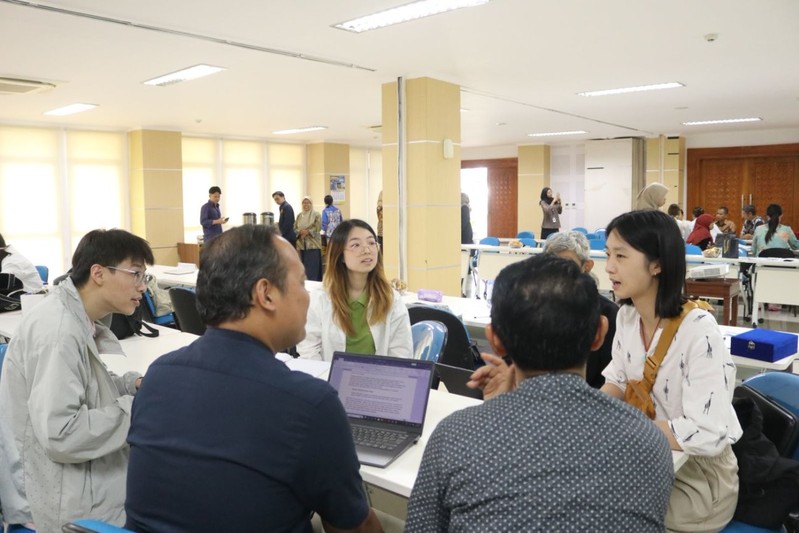
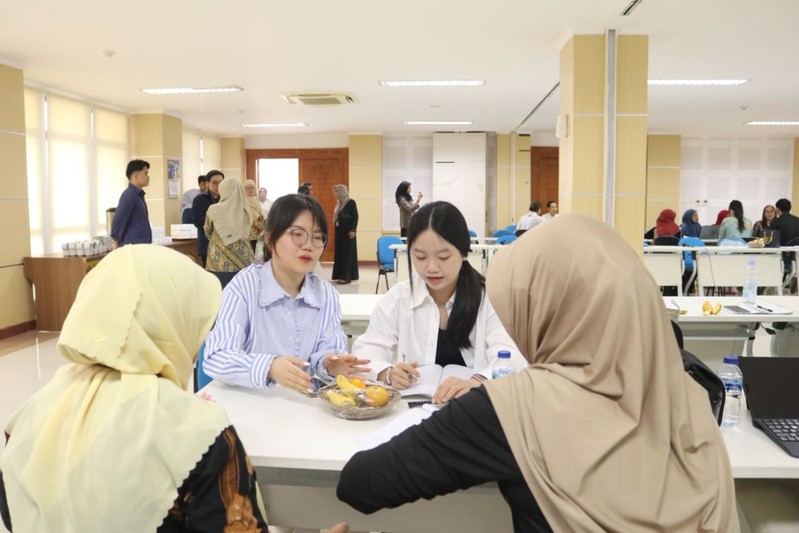
On the morning of August 5, the team visited the Tsinghua University Southeast Asia Centre. Executive Director Meiga Purnamasari received the team and introduced the centre’s members and overview. Subsequently, Michael Torre, Academic Deputy Director of the Southeast Asia Centre, provided a detailed account of the current status and challenges of Indonesia’s higher education development, as well as the centre’s key role in promoting cooperative innovation in higher education between China, Indonesia, and other Southeast Asian countries. Student volunteers engaged in lively discussions with the academic team of the Southeast Asia Centre, comparing similarities and differences in the learning and development of Chinese and Indonesian university students. Drawing on their own international exchange experiences, they also analyzed the characteristics and directions of Sino-Indonesian higher education cooperation from a broader global perspective.
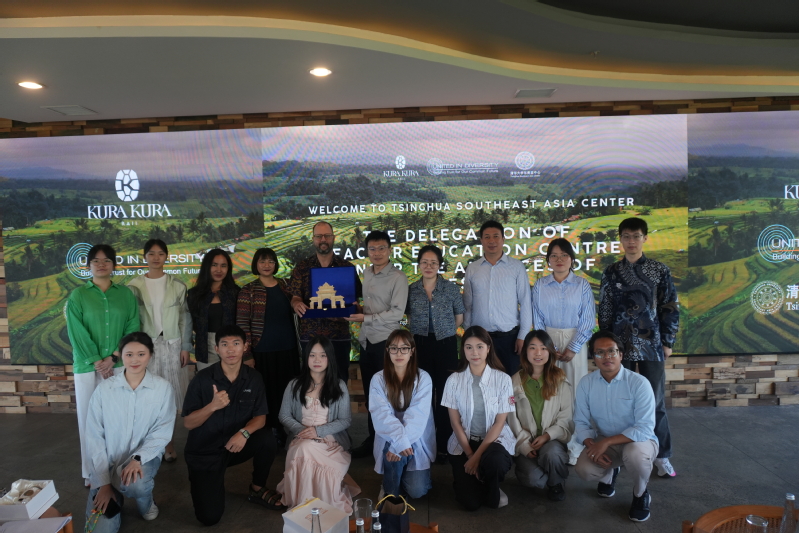
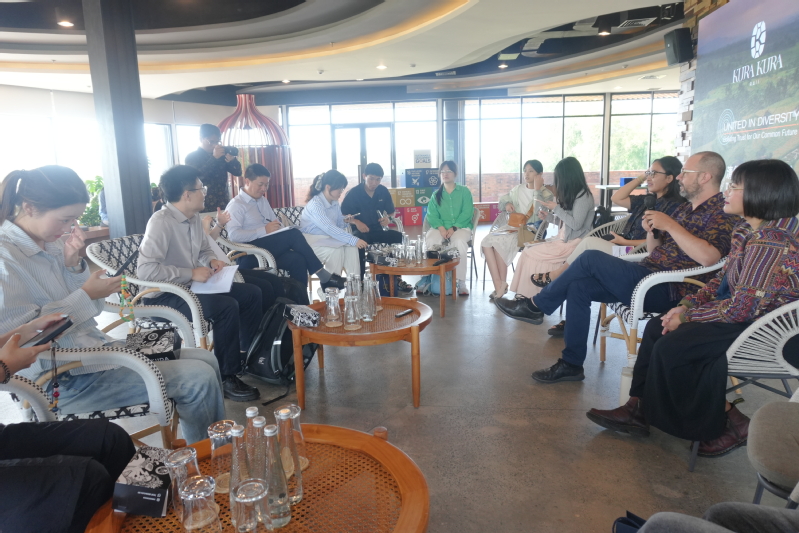
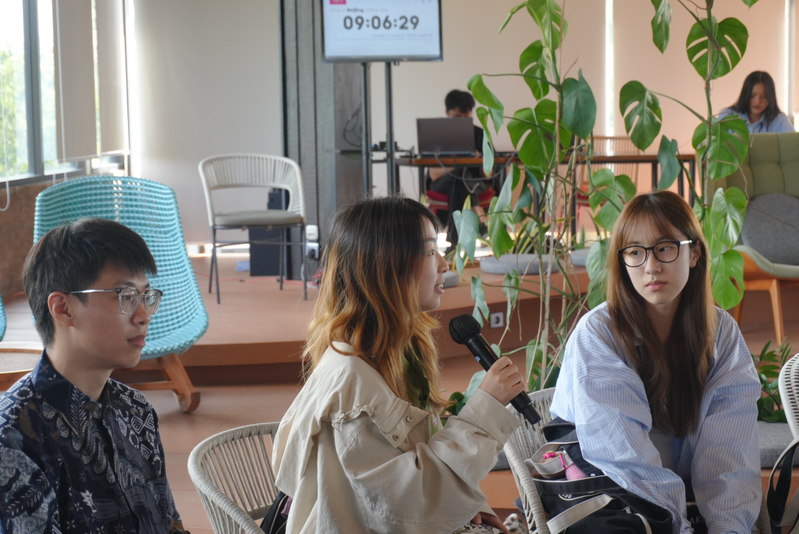
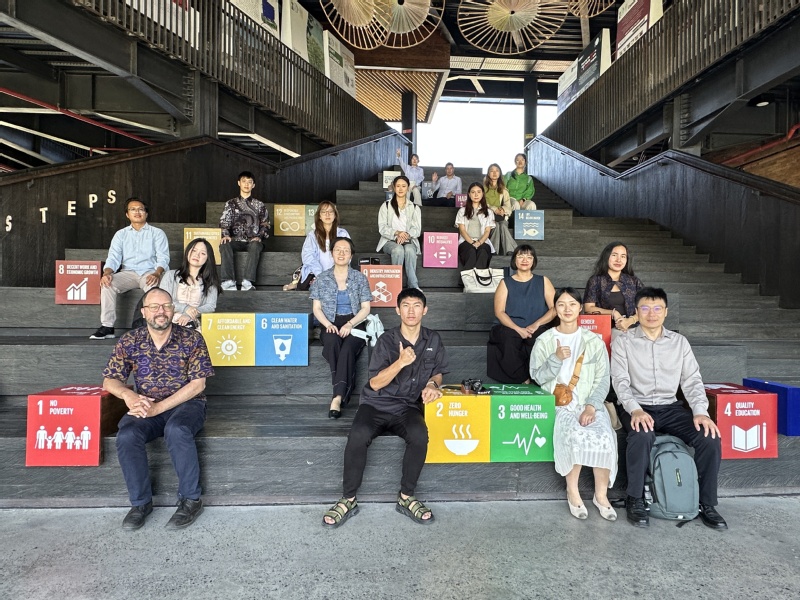
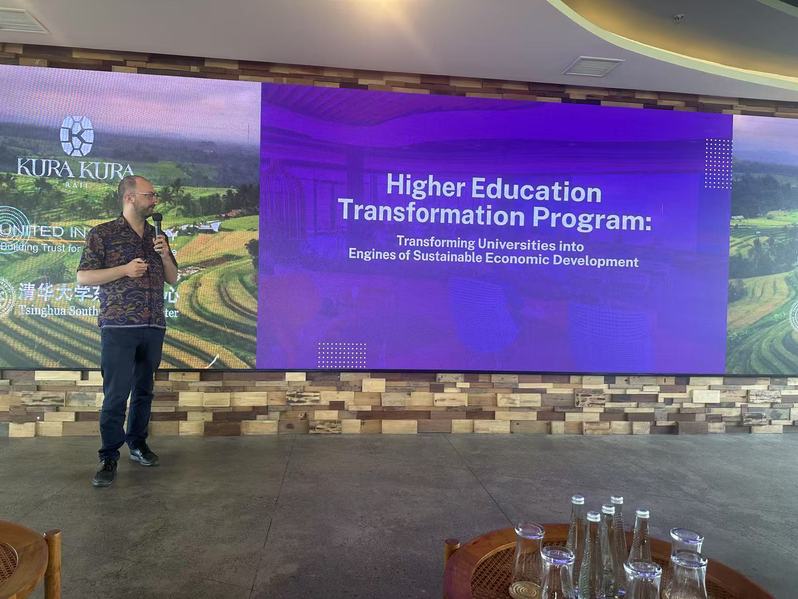
On the afternoon of August 5, the team conducted research at the Confucius Institute for Tourism at Udayana University, holding discussions with Dean Lu Kemin (seconded from Nanchang University), Indonesian Dean Nura Widiyatmaja, and Chinese language teacher Tu Na. They gained detailed insights into the history and current status of Chinese language education in Indonesia, the development process of Confucius Institutes across regions, and the challenges and opportunities in deepening Chinese language promotion locally. The team also shared their research findings from the past few days and sought advice from the three experts at the Confucius Institute. Later, the team held an internal meeting to comprehensively sort out all research data and preliminary findings.
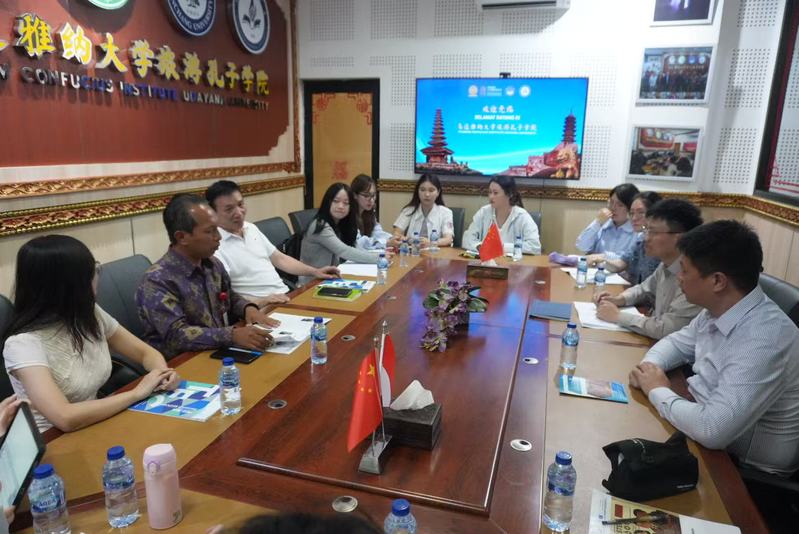
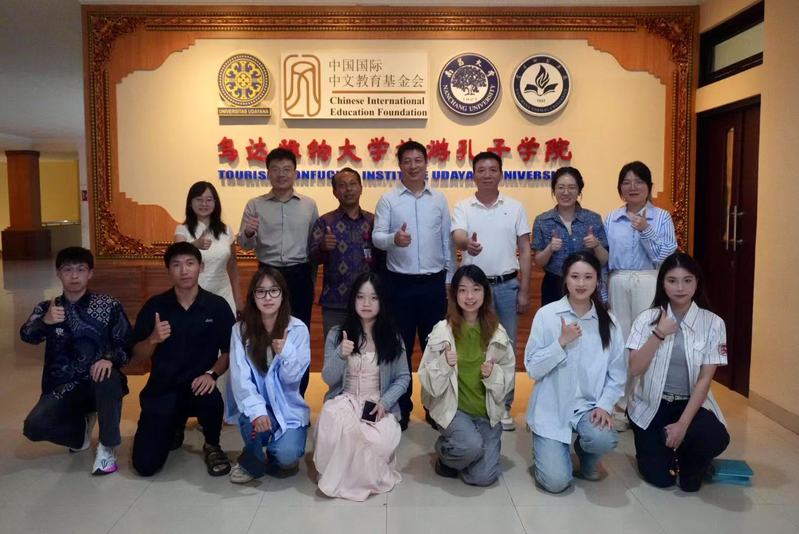
On the evening of August 6, the team successfully concluded their trip to Indonesia and returned to Shanghai.
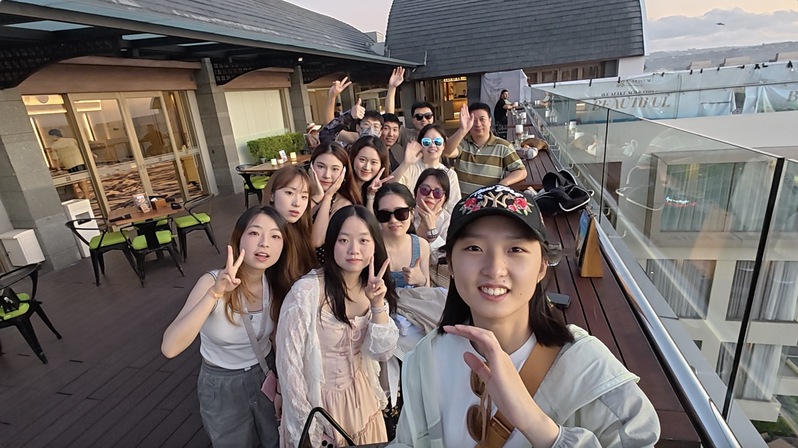
The 10-day educational research practice was highly intensive. The team seized every opportunity—whether in hotels, on the street, in restaurants, on buses, or at airports—to hold internal discussions, promptly summarize key points, and refine research approaches. The 10 student volunteers conducted research in an unfamiliar land, grew in a mutually dependent team, and gained knowledge of the world, understanding of education, and self-discipline. They were regarded by their Indonesian counterparts as a close-knit, shining big family.



